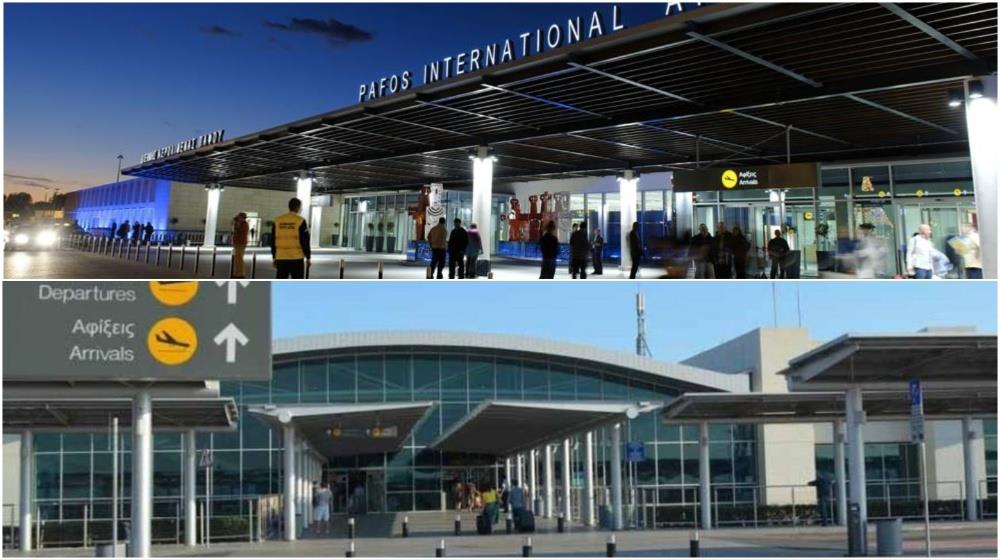Larnaca and Paphos airports exceeded the 500,000-passenger threshold in February, the first time ever for this month, recording an annual increase of 8%, while passenger traffic has increased by 7.39% since the beginning of 2025, compared to 2024, according to an announcement by the Ministry of Transport, Communications and Works.
The Ministry said that Larnaca and Paphos airports welcomed 535,423 passengers in February 2025, recording an 8% increase compared to the previous year. It notes that February is historically the month with the lowest passenger traffic.
It adds that since the beginning of 2025, the largest ever passenger traffic has also been recorded with a 7.39% increase, compared to 2024.
According to the Ministry of Transport, passengers traffic at Larnaca Airport, following the upward trend of 2024, increased by 12.4%, while at Paphos Airport a 2.95% decrease was recorded compared to 2024.
It adds that with the main markets being Greece, the United Kingdom, Poland, Israel and Germany, aircraft traffic increased by 4.85% compared to 2024 and amounted to 4,713 flights.









